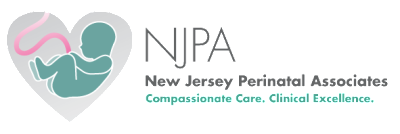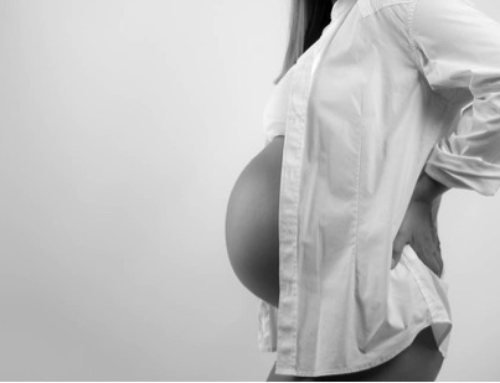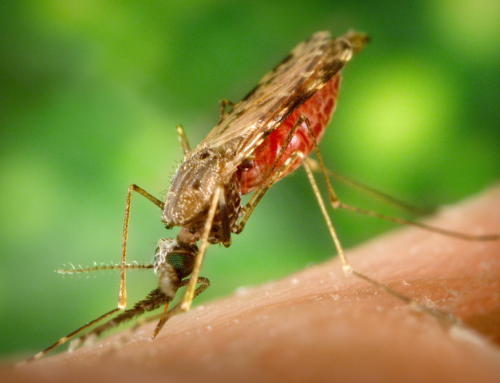
Potential Complications with a Twin Pregnancy
What makes a twin pregnancy riskier than other pregnancies? A high-risk pregnancy can be defined as a pregnancy that needs extra attention and care as precautionary measures. Although carrying twins may mean your pregnancy is high-risk, most mothers who are expecting twins or multiples give birth to happy and healthy babies.
Serious complications generally are rare, but there are some complications you do need to watch out for. Here are some complications and symptoms to be aware of during your pregnancy.
Miscarriage
Unfortunately, miscarriages in the first trimester are common for all pregnancies. However, your risk of having a miscarriage is usually higher if you’re carrying twins than if you have a single pregnancy. In some cases, only one baby may actually be lost to a miscarriage in a twin pregnancy. If this occurs early in your first trimester, it usually doesn’t affect your other baby.
Because the embryo that did not survive is so small, it is often reabsorbed into the lining of your uterus without you even knowing. This is known as vanishing twin syndrome. Vanishing twin syndrome affects 30 percent of women who are pregnant with multiples. There are very few symptoms, and you may only know it has occurred if you had an early scan that showed two embryos.
Preeclampsia
A twin pregnancy puts greater stress on your body, making you more prone to having high blood pressure. Preeclampsia is an issue related to high blood pressure that can happen later in your pregnancy. This complication is at least three times more common if you are expecting twins because both babies put extra strain on the placenta(s). To help prevent preeclampsia, your doctor will regularly check your blood pressure. He or she may also recommend that you take a low dose of aspirin daily from the 12-week mark if it’s your first pregnancy, you’re over 40 years old, you have a history of preeclampsia and/or if your body mass index is 35 or more.
Gestational Diabetes
Gestational diabetes is more likely if you are expecting twins. Your doctor will perform an assessment during your pregnancy to determine if you are at risk for gestational diabetes. Depending on the results of the assessment, your doctor may recommend a glucose tolerance test (GTT), which helps detect if you have gestational diabetes later in your pregnancy. Your doctor will also recommend different lifestyle changes to prevent you from getting gestational diabetes.
Anemia
Anemia is a condition in which the blood doesn’t have enough healthy red blood cells, causing an iron deficiency. All expecting mothers can become anemic, because pregnancy causes the blood flow in your system to expand and become more diluted. When you’re expecting twins, this can affect you even more, making you extremely tired. Mild cases of anemia are not dangerous to your babies, because your body will make sure your babies get their share of iron before you get yours. To ensure your iron levels are good, your physician may recommend that you take an iron supplement.
Intrauterine Growth Restriction
Intrauterine growth restriction (IUGR) is a condition in which a baby doesn’t grow to normal weight during pregnancy. In twins, it’s more common for one or both babies to grow more slowly, but still be perfectly healthy. However, your physician will still recommend caution, as IUGR can make your twins more susceptible to health problems.
Identical twins who share a placenta are more likely to experience complications with IUGR than twins who have separate placentas. Problems with a shared placenta may cause IUGR, such as how the umbilical cord connects to the placenta. However, your doctor will perform regular scans to monitor how your twins are growing.
Prevent Twin Pregnancy Complications in New Jersey
There are risks when it comes to twins, but here at NJ Perinatal Associates, our physicians will help you manage these risks so you have the best pregnancy possible. We’ll help detect, monitor and treat any conditions that arise. We also have two physicians on our staff conducting research on multiple gestations to ensure we offer the best treatments possible. Contact us today to make your dream family a reality.
Image via Flickr





